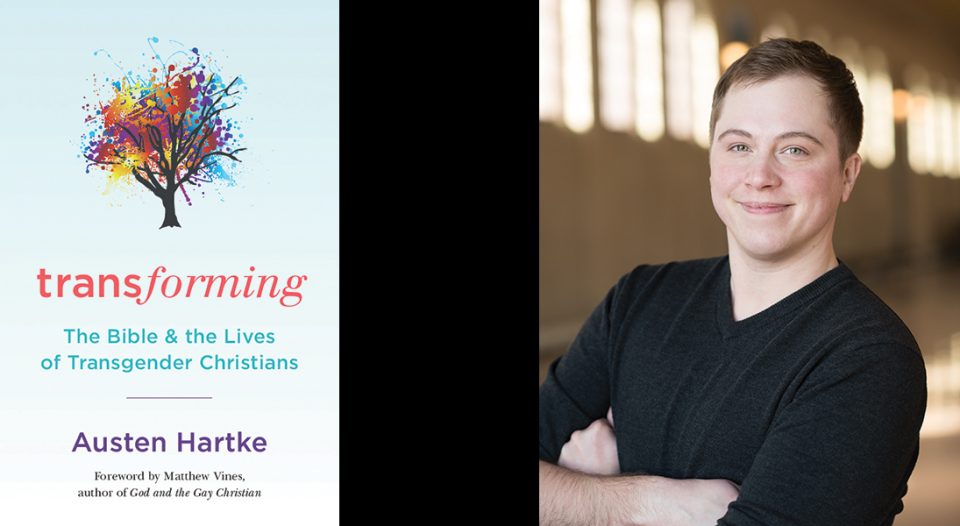
The eye cannot say to the hand, “I have no need of you,” right? And yet, 19 percent of the transgender people of faith who have been part of a religious community have left because they were actively rejected. If Christians should be able to agree on one thing when it comes to the body of Christ, you’d think it would be that we shouldn’t be rejecting our own members. Trans people are actively leaving churches because of this rejection. These kinds of direct rejections were seen most among Asian-identified respondents, 40 percent of whom reported these experiences. Six percent of the people surveyed reported that they’d been asked to meet with a spiritual leader who could reportedly stop them from being trans 6 percent said they had been asked by a community member to seek psychological or medical help to stop them from being trans, and 5 percent were asked to stop coming to services entirely. Trans people have a pretty good reason to be afraid.įor those who might suggest that all of this fear is unfounded, or at least blown out of proportion, we have to keep in mind that among trans people currently in faith communities, nearly 1 in 5 (18 percent) experienced a direct rejection. It’s hard to worship when you’re constantly watching your back. We now know that 39 percent of transgender people who have been part of a faith community have left because of the fear of rejection.

Trans people in churches that are non-affirming or that haven’t taken a stand on LGBTQ+ inclusion often have to pray with one eye open, wondering if and when they’ll be outed, and what consequences they’ll have to face for trying to understand the identity God gave them.


Trans people are afraid of religious rejection. By introducing transgender issues and language and providing stories of both biblical characters and real-life narratives from transgender Christians living today, Hartke helps readers visualize a more inclusive Christianity, equipping them with the confidence and tools to change both the church and the world.2. Provides access into an underrepresented and misunderstood community and will change the way readers think about transgender people, faith, and the future of Christianity. Transforming: The Bible and the Lives of Transgender Christians Into this void, Austen Hartke offers a biblically based, educational, and affirming resource to shed light and wisdom on this modern gender landscape. Years later, many people-even many LGBTQ allies-still lack understanding of gender identity and the transgender experience.

Magazine announced that America had reached "the transgender tipping point," suggesting that transgender issues would become the next civil rights frontier.


 0 kommentar(er)
0 kommentar(er)
